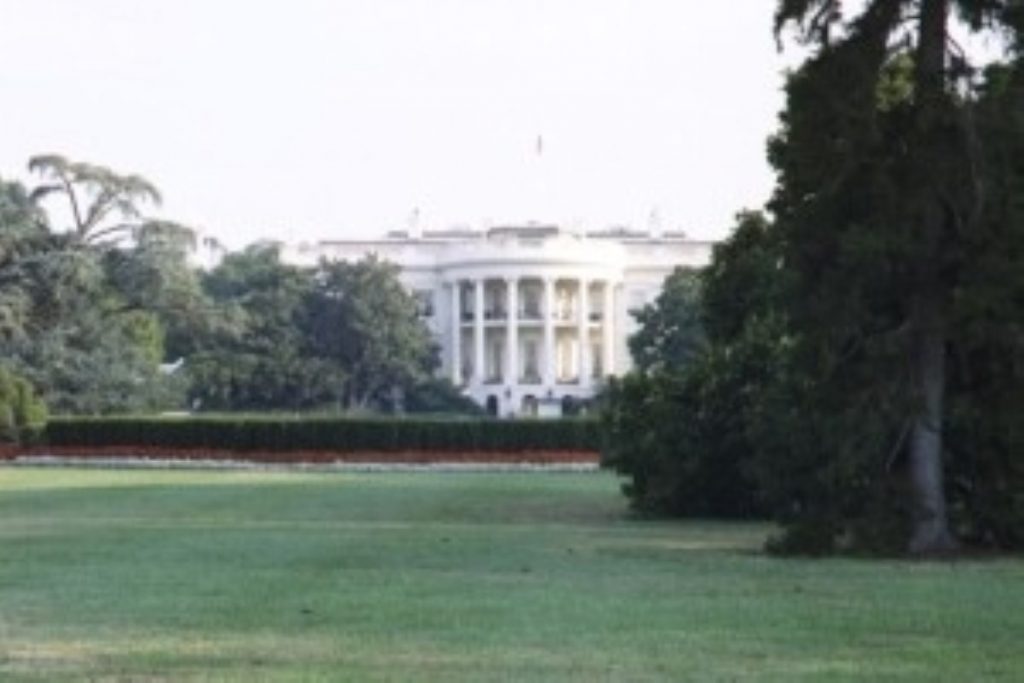US admits ‘yellow cake’ evidence was flawed
In another twist to the ongoing debate over Iraq’s actual desire and capacity to acquire and deploy weapons of mass destruction, US President George W Bush’s administration has admitted that evidence suggesting Iraq had tried to buy uranium from the African state of Niger was flawed.
The evidence was used as a bedrock on which to mount the US-led campaign to oust Saddam Hussein from power.
Iraq, positioned on Mr Bush’s “axis of evil,” was identified as a rogue state desiring nuclear weapons.
Evidence of Iraq looking to buy uranium would lend itself to such an allegation.


Mr. Bush made the claim in his State of the Union address in January, ahead of the Iraq war in March.
Embarrassingly for Prime Minister Tony Blair, who is struggling to distance himself in the “dodgy dossier” affair at home, Mr. Bush said then that the intelligence had come from the British government.
Mr Bush said: “The British Government has learned that Saddam Hussein recently sought significant quantities of uranium from Africa.”
The National Security Council said in a statement on Tuesday that the “yellow cake” “transaction” between Iraq and Niger had been forged.
But, according to some sources, the CIA was aware of and had warned the US government that the claims were bogus months before President Bush’s speech.
The CIA said a former US diplomat had confirmed the claim was false in March 2002, the BBC reports.
This suggests either Mr. Bush was misled or was fully cognisant of the erroneous nature of the claim.
The Foreign Office said on the 29 June that the intelligence on the Iraq-Niger link was not forged and had come from other sources.

